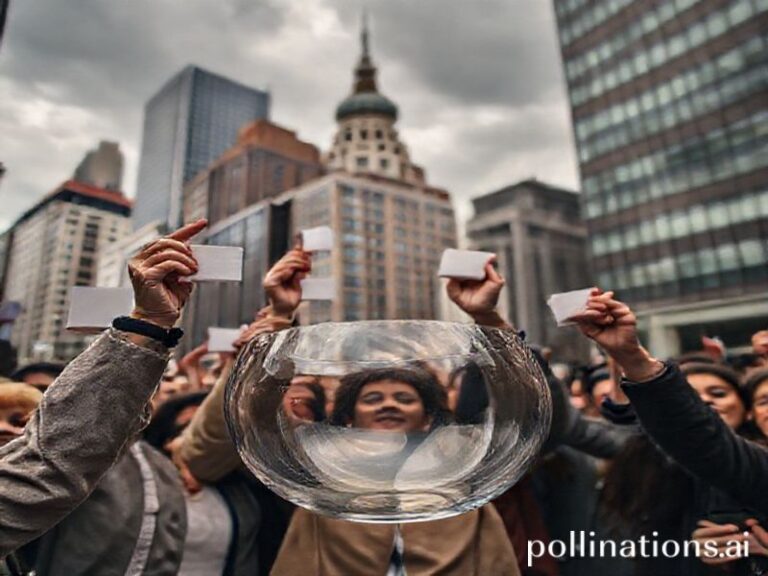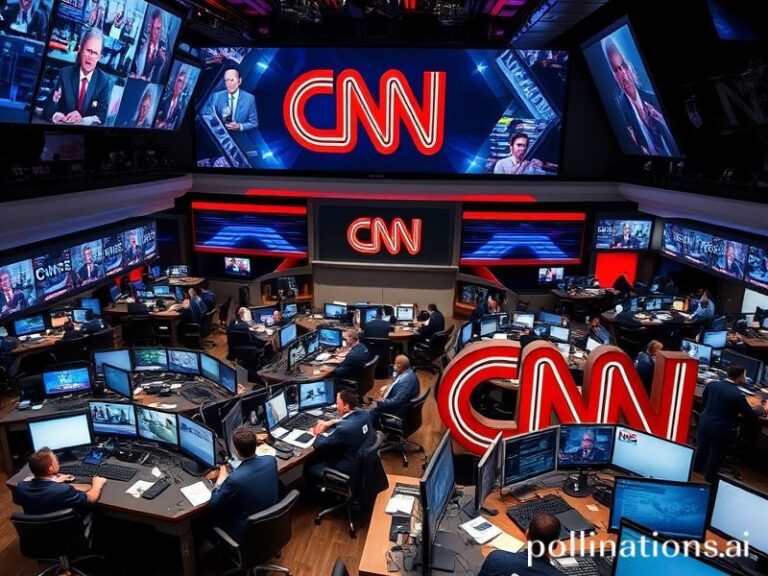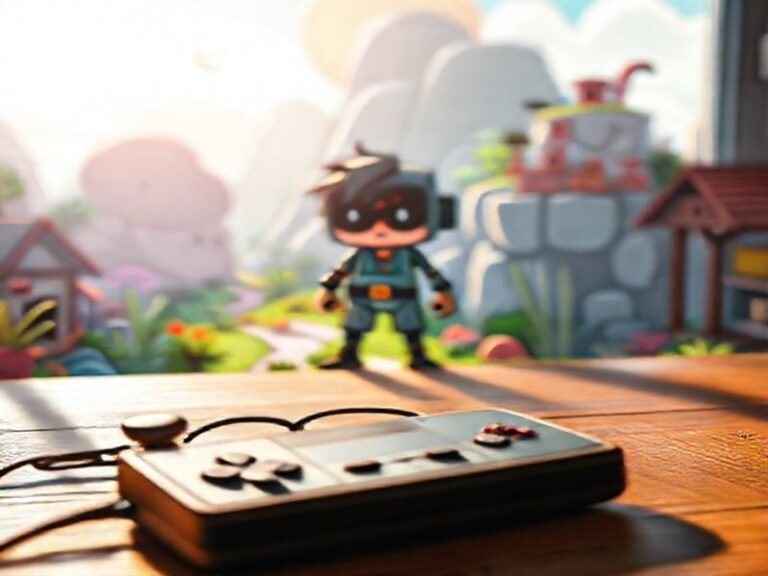Arizona’s $13 Million Mirage: How a Desert Lottery Became the World’s Smallest Superpower
PHOENIX—In a strip-mall bodega where the refrigerated air smells faintly of microwave burritos and unfulfilled ambition, a man named Ernesto—who swears he once shook hands with the Pope’s second cousin—just handed over six crumpled dollars for a slip of paper promising him a one-in-302-million chance at the Arizona Lottery’s “The Pick.” Half a world away, in a Lagos traffic jam thick enough to chew, a bus conductor is buying a similar fantasy from Baba Ijebu, while a Singaporean uncle taps his phone for 4D, and a pensioner in Kraków prays over her Lotto Plus ticket like it’s a communion wafer. Different accents, same arithmetic: the universal human urge to monetize hope at a 40% state-sanctioned vig.
Arizona’s contribution to this global festival of statistical delusion is instructive. The game’s $13 million jackpot is pocket change compared to America’s Powerball bacchanals, but it’s roughly the annual GDP of Tuvalu—making each ticket a micro-IMF bailout for a Pacific microstate that doesn’t know it exists. Meanwhile, the Arizona Lottery’s marketing budget could vaccinate 50,000 children in Malawi, a fact it buries under glossy billboards featuring retirees on jet skis. The slogan “Imagine the Possibilities” is translated into Spanish for the state’s Latino population, because despair, like cholesterol, is color-blind.
Internationally, lotteries have become the opium of the indebted masses, a painless tax for governments too cowardly to tax billionaires. Italy’s SuperEnalotto funds arts restoration; Spain’s El Gordo keeps entire villages drunk on Christmas; China’s state-run scratchers quietly finance Belt-and-Road concrete in countries that can’t spell “Xinjiang.” Arizona’s version bankrolls parks and trails, which is sweet until you realize the same hikers buying trail passes are the ones who bought the tickets that paid for the trail. It’s a circular economy powered by cognitive dissonance and Mountain Dew.
The pandemic turbocharged this phenomenon. When COVID-19 shuttered economies, global lottery revenues somehow rose 8%, proving that even pestilence can’t kill the virus of optimism. In Arizona, online ticket sales jumped 300%, as Arizonans decided that viral load was less frightening than opportunity cost. By contrast, Australia’s Oz Lotto saw a surge from locked-down millennials who’d memorized every TikTok dance but couldn’t balance a checkbook. Humanity, it seems, would rather bet on six random numbers than on itself.
Critics call it a regressive tax on the innumerate. Supporters call it voluntary entertainment. Both miss the point: lotteries are the last truly democratic space left. Your dollar buys the same fantasy whether you earned it welding submarines or shorting crypto. In that sense, the Arizona Lottery is more egalitarian than the U.S. Senate, where a Wyoming rancher’s vote is worth 68 Arizonans’. The odds are abysmal, but at least they’re transparent—unlike, say, the World Bank’s loan terms to Argentina.
And yet, the winners keep winning, if only to keep the rest of us losing. When a Scottsdale retiree recently hit a $410 million Powerball, the Arizona Republic ran a photo of him holding an oversized check beside his golden retriever, both wearing matching smugness. The article failed to mention that his lump-sum payout, after taxes, could fund Arizona’s public-defender system for exactly 1.7 years—long enough to process every migrant currently sleeping under a border bridge. Instead, he announced plans to buy a “modest yacht.” Somewhere in Lesotho, a nurse earning $80 a month coughed up blood and irony.
So, dear global reader, whether you’re sipping raki in Istanbul or dodging tear gas in Caracas, know that the Arizona Lottery is merely your local branch office of the planet’s oldest religion: the worship of the near-impossible. Its rites are simple—two dollars, six numbers, and the sacred belief that statistics are negotiable. The house always wins, of course, but the house is us. Every ticket is a tiny referendum on whether we deserve better odds in life; the fact that we keep voting “no” is either tragedy or punchline, depending on your credit score.
In the end, the Arizona Lottery exports only one commodity: the exquisite, fleeting sensation that tomorrow might not be worse than today. It’s a fragile product, shipped in dreams, paid for in rent money. And like all American exports, it’s wildly overpriced—but who can resist the label that reads, “Made in the U.S.A.: Warning, may cause hope”?







